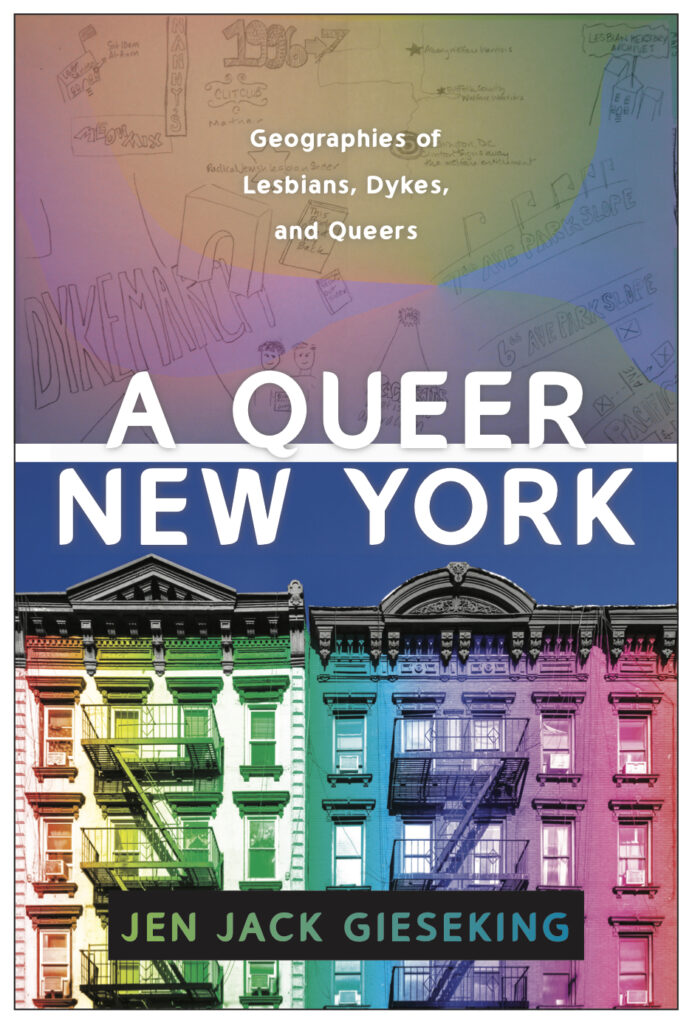
Focusing on a number of well-known neighborhoods, such as Greenwich Village, Park Slope, Bedford-Stuyvesant, and Crown Heights, Gieseking shows how lesbian and queer spaces have largely folded under the capitalist influence of white, wealthy gentrifiers. With a compassionate eye, they focus on how these radical changes have impacted poor and working-class lesbians and queers—particularly those of color—many of which have often struggled to assert their right to the city. Nevertheless, Gieseking highlights the resilience of lesbian and queer communities who continue to carve out spaces—and lives—in a city that many still call home, even if only symbolically. Beautifully written, A Queer New York is an eye-opening account of how lesbians and queers have survived in the face of twenty-first century gentrification and urban development.
“This exceptional book rewrites the recent histories and geographies of New York, and in so doing offers nothing less than a new cartography of cities. In mapping this geography, Jen Jack Gieseking also suggests one way in which all urban transformations might be understood through difference, differently.”—Gillian Rose, author of Feminism and Geography: The Limits to Geographical Knowledge
“Gieseking renders visible the New York City produced, traversed, and inhabited by LGBTQ folks during the late twentieth and early twenty-first centuries. By charting this distinct yet complex historical geography, he provides new insights into our understandings of U.S. sexual politics, urban geographies, and queer identities.”—Liz Montegary, author of Familiar Perversions: The Racial, Sexual, and Economic Politics of LGBT Families
“In A Queer New York, Gieseking offers a stunningly trenchant and much needed study of lesbian-queer spaces in the city. He deftly demonstrates how place and belonging can be mapped into lesbian-queer generational shifts. With light, elegant, and sometimes humorous prose combined with an incisive analytical approach, Gieseking provides a fabulous geographical portrait of an-other Big Apple.”— Martin F. Manalansan IV, author of Global Divas: Filipino Gay Men in the Diaspora